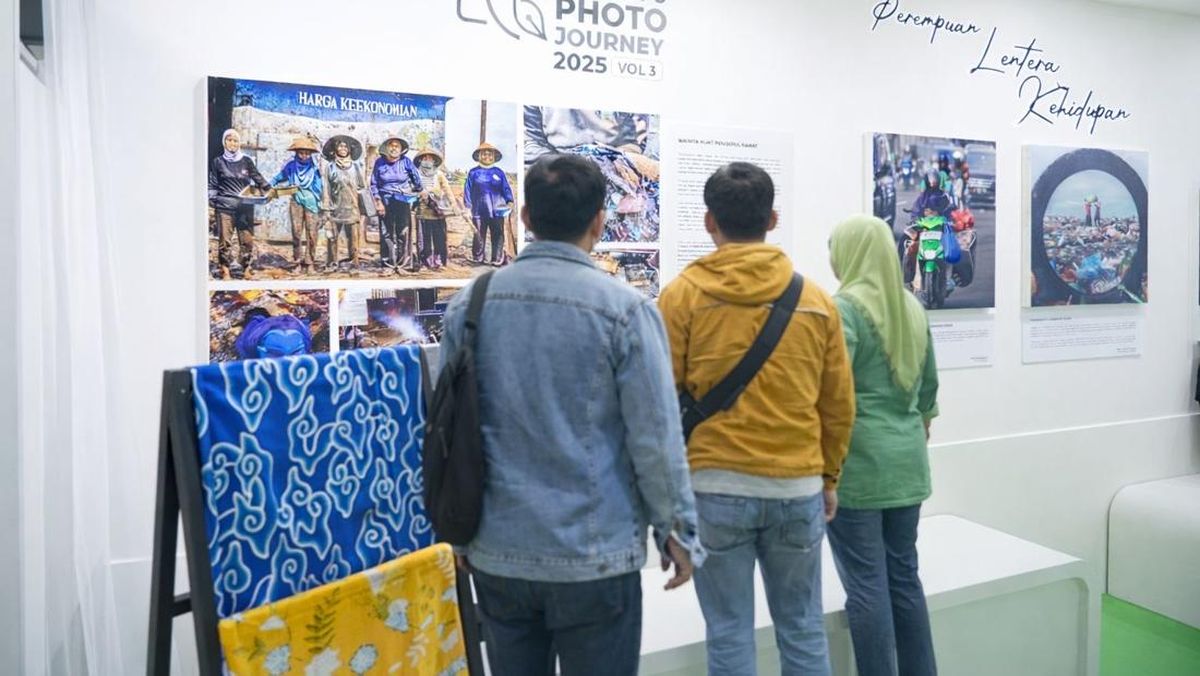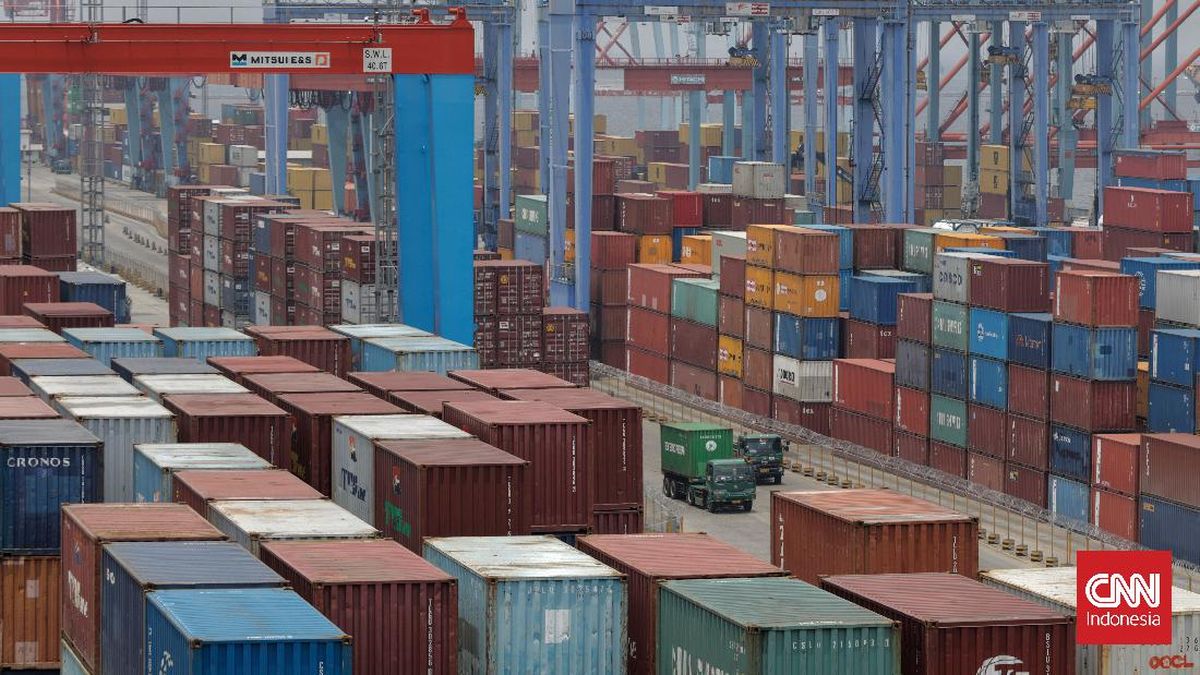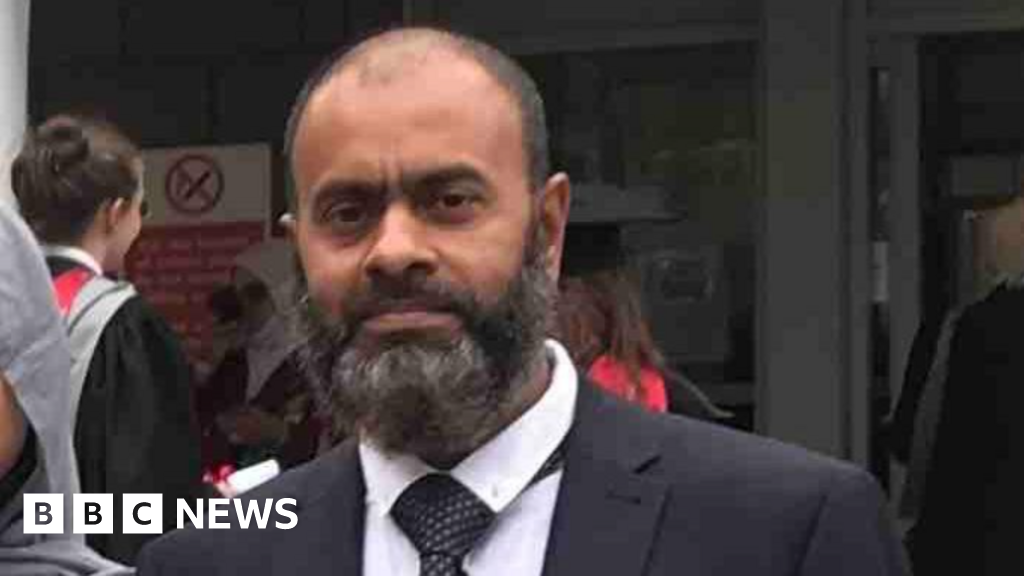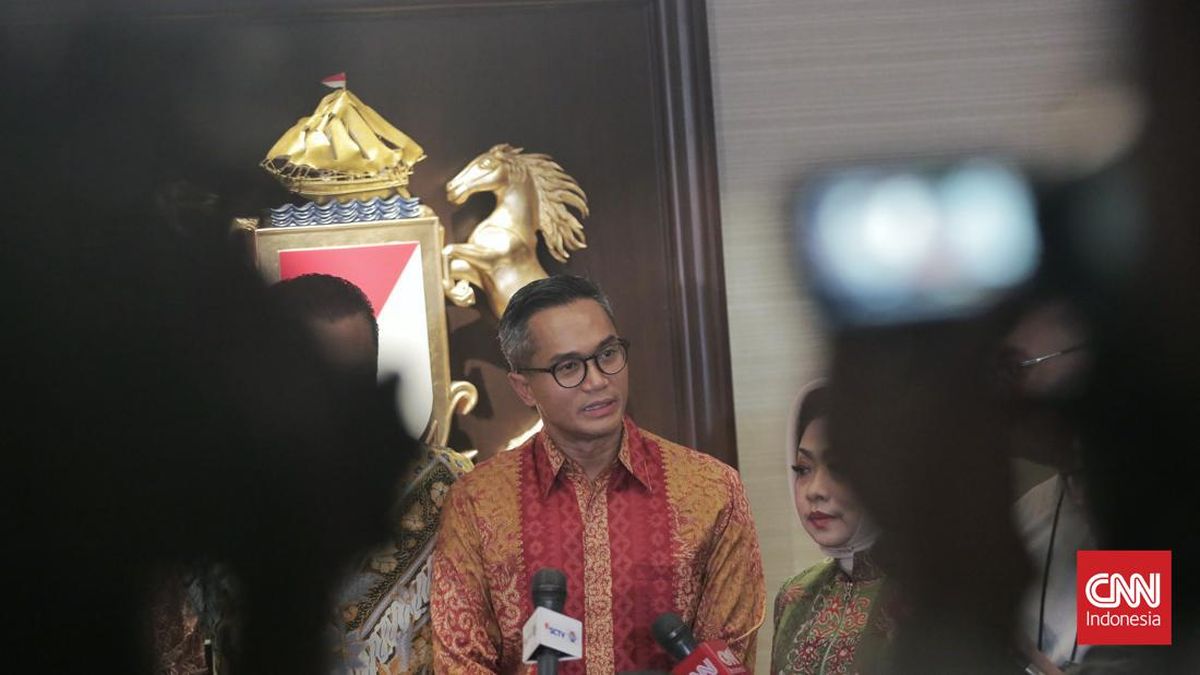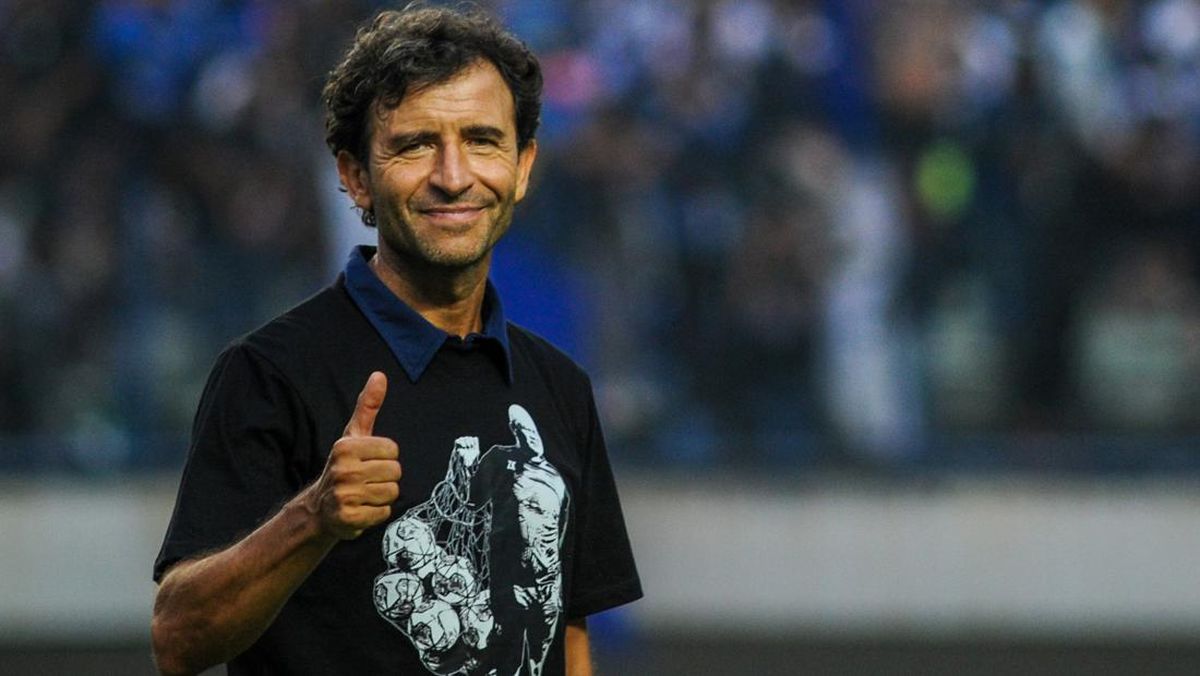Indian filmmaker Neeraj Ghaywan has a few thoughts about his country’s caste system – it’s something that affects him personally.
“It’s like the biggest elephant in the room, but nobody wants to look at it,” he says.

Ishaan Khatter and Vishal Jethwa in Homebound. The pair had to work quickly to forge a friendship for the film.Credit:
That’s something Ghaywan is seeking to change with his second feature, Homebound.
The film premiered at the Cannes Film Festival in May and last week was announced as India’s official entrant for the best international feature film category at next year’s Academy Awards, just ahead of its theatrical release at home and in other countries, including Australia.
Loosely based on fact, Homebound is the story of two young men from a village in northern India who share the experience of being pushed to the margins.
Shoaib (Ishaan Khatter) is Muslim, while his best friend Chandan (Vishal Jethwa) is a Dalit – a word for those on the lowest rung of the caste system formerly widely referred to as “untouchables”.
Ghaywan, talking to me on Zoom, is casually dressed, in what looks like a tie-dyed T-shirt. But there’s a formality to the way he answers questions at length in English (which he speaks fluently, unlike Homebound’s protagonists).

Janhvi Kapoor in Homebound. Credit:
“Intention” is a word he uses frequently, and it’s clear that he’s thought carefully about the message he wants to convey in this interview, just as he does in his filmmaking. In both cases, as he sees it, he has the responsibility of representing not just himself but millions of people whose voices aren’t widely heard.
To embark on this very personal project in the first place, he’s had to come a long way. Now in his mid-forties, he started out studying engineering and worked in the corporate world, then was drawn into online film criticism and eventually began to make short films of his own.
In 2015, he made his feature debut with the independent drama Masaan, a co-production between India and France that won the admiration of Martin Scorsese. But he didn’t identify himself publicly as a Dalit until 2018, when, he says, “it came out in a tweet” responding to a snide comment by another filmmaker.
Until then, he’d been masquerading as upper caste – as the character Chandan attempts to do in the film – and feeling inwardly like an impostor. But disclosing the truth didn’t bring immediate relief.
“What did I just do?” he asked himself when the tweet went viral, fearing his friends and colleagues would abandon him. For anyone who didn’t grow up within the caste system, the implications aren’t easy to grasp.

Neeraj Ghaywan (centre) with the stars of Homebound at Cannes earlier this year. Credit: Alamy Stock Photo
“Caste is not class,” Ghaywan tells me, explaining that he was especially anxious about how his household servants, who belonged to a higher caste, would respond to the news.
“I told them after two or three days, and they were very welcoming about it.”
The filmmakers Ghaywan names as inspirations are basically from the realm of art cinema (his No.1 hero, he says, is Federico Fellini). But while Homebound retains some independence of spirit, it’s backed by one of India’s largest production companies and aimed at a wide audience both locally and internationally.
Loading
Again, Ghaywan sees this as part of his responsibility. Festival screenings and potential awards are all very well, he says, but there would be no point making a film on this subject for a limited audience. “Because what happens to the people that you’re basing it on? They never get to see the film, they never get to experience it, they never feel seen.”
This meant that despite his concern for authenticity, casting was determined first and foremost by who would be bankable at the Indian box office. Both his young stars, he says, were “completely alien” to the characters they were playing – but he sought to remedy this with months of workshops, focusing first on accent and dialect, then travelling with them to villages where they stayed with families like those in the story.
This period was also a chance for the pair to form a personal connection that spilled over into what wound up on screen.
“I told them, you have very little time to become friends,” Ghaywan says. “And the easiest way to become friends is when you open up to each other, when you become vulnerable to each other, and you share your secrets.”
Loading
Friendship, he says, is the theme that allows viewers from across cultures to connect to the film (Scorsese, who served as an executive producer, advised him during editing that “It’s always about the boys”).
Following one of the Cannes screenings, Ghaywan recalls holding the hand of one weeping audience member whose immediate reference point was the Troubles in Northern Ireland. But for Ghaywan, the most important thing is that the film is accepted in India, where, he says, “these people and their stories are never shown”.
“I’m here for people to come together and empathise,” he says. “That’s the whole intention.”
Homebound is in cinemas now.
Most Viewed in Culture
Loading





